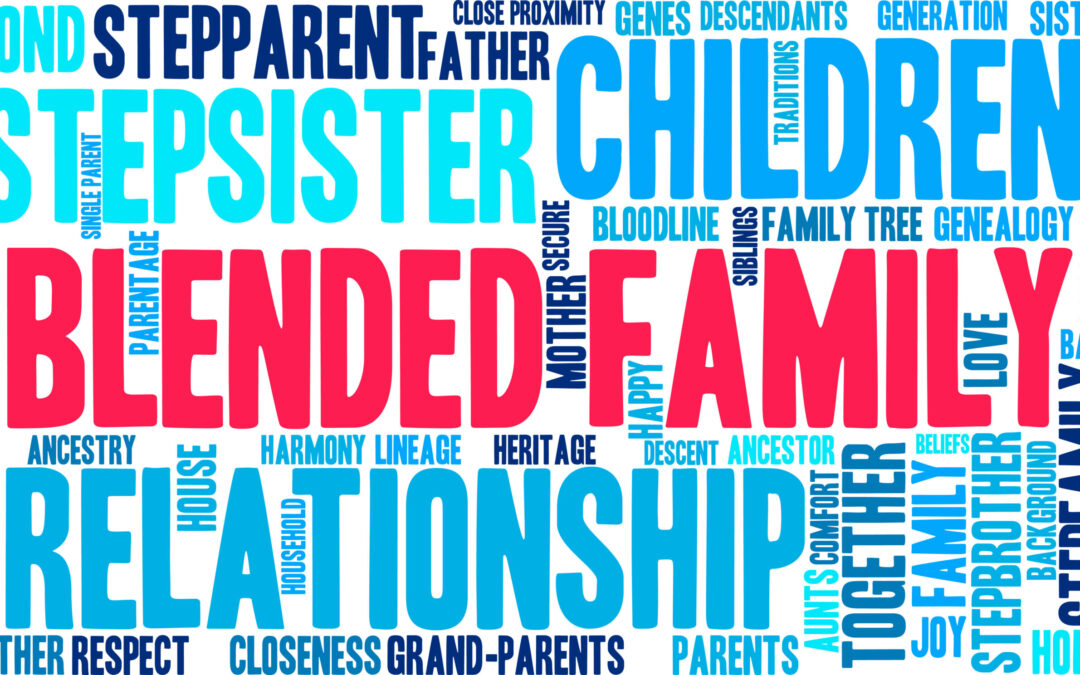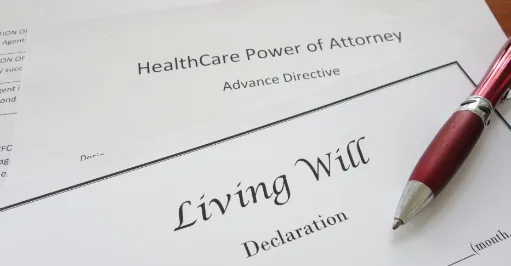Think Your Estate Plan is Complete? Make Sure You’re Not Missing These Important Planning Points.
You may have executed your last will, trusts, powers of attorney, health care directives, and funeral plans and feel a sense of accomplishment, and you should. However, estate planning is an evolving process, and it’s a good idea for an annual review, while some planning options are still available to us before year-end.
Well-thought-out estate planning involves numerous individuals that you designate to carry out your stated preferences. They include:
- Personal representative: The person you appoint to administer your estate through the probate process after you pass away
- Trustee: The person you name to manage your trust’s money and property
- Guardian: Somebody to whom you give the legal responsibility to care for your children, including adult children who lack the capacity for self-care
- Power of attorney agent: A chosen individual who has the legal authority to handle medical or financial affairs on your behalf if you become unable to manage your affairs
Choosing these crucial decision-makers is not a matter to be taken lightly. They will exercise considerable control over you and your affairs and must be trusted to act in your stead. However, there may come a time when they are no longer able (or willing) to do what you ask them to do.
People’s lives—and your perception of their lives—can change dramatically in a short period, and specific changes might impact their ability to serve you. For example, you might find out that a trustee has had problems handling their finances, which calls into question their ability to handle trust funds on behalf of your beneficiaries. Or a guardian could have issues with their children, which causes you to question their fit as your children’s caretaker.
It does not have to be suspicious behavior to make you question your decision; it could be something as benign as age. Somebody who makes an ideal guardian in their 30s, 40s, and 50s might be less than ideal in their 60s and 70s. Similarly, a legal guardian might be too young at the moment—but the perfect candidate in five to ten years.
And what would happen if the guardian you named dies or becomes disabled? A replacement may also be required if a designated decision maker approaches you and declares that they would rather not be in that position.
The key takeaway is that you should regularly reevaluate your choice of trusted decision-makers and name backups if you are no longer around to amend your will, trust, or other estate planning documents. Alternatives will ensure that there is no catastrophic failure in the chain of command that leaves crucial end-of-life matters in the hands of the courts.
Have you named contingent beneficiaries?
A beneficiary is someone you name in your estate plan to inherit your money and property, such as bank accounts, investments, and insurance policies. Upon your passing and the administration of your estate, these accounts and property are distributed to or managed on behalf of your chosen beneficiaries. However, there are a few instances where you will need a contingent or backup beneficiary:
- The primary beneficiary predeceases you.
- The primary beneficiary cannot be located.
- The primary beneficiary refuses their inheritance.
Without a contingent beneficiary, your money and property might be passed on according to state law in any of these scenarios. This could require going through the probate process, which can delay distribution, increase estate settling costs, and lead to family infighting. All of these potential outcomes are best avoided, and that can be quickly done by naming a contingent beneficiary—or two, or three, or more, if you have any doubts.
Have you considered the unthinkable?
Although you may prefer not to think about it, you should be prepared for the unthinkable: all of the loved ones you name as beneficiaries in your estate plan predecease you.
In this implausible but catastrophic scenario—in which nobody in the legal chain of inheritance is alive to receive the proceeds of your estate—having contingent beneficiaries may not be enough. Depending on where you live, if you have no surviving family, the government could end up with your money and property.
Although this is not a common occurrence, for those with smaller families and few living relatives, it is not impossible. Adding a remote contingent beneficiary clause or family disaster plan to your estate plan allows you to name a charity or other organization that will receive your money and property should the unthinkable happen.
We are happy to help you be sure you have done the proper planning. Check out our website, Facebook and blog for further information or Reach out to us today!





